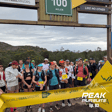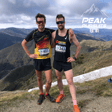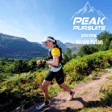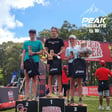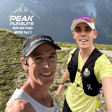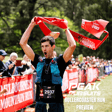
Episode 41: HK100, Strength Testing for Runners, and Brodie's Triathlon Career.
Welcome to Episode 41 of Peak Pursuits, your ultimate podcast for everything trail running in Australia. This week’s episode is hosted by Sim Brick, Vlad Ixel, and Brodie Nankervis. Listen in as Vlad recaps his 3rd place at HK100 ‘The Third’, Brodie gets back into some running, and Sim sparks a conversation about strength training and testing for runners.
The team then answer a question about the timing of this years short trail championships being outside the world champs qualification window, and run through the results of the historic Bogong to Hotham race.
Bogong to Hotham Results: https://my.raceresult.com/322298/results
***Don’t forget, use code PPP at https://bix-hydration.myshopify.com/en-au for 20% off Bix products, exclusive to PPP listeners!***
Thanks for tuning in to Peak Pursuits! Connect with us on Instagram @peakpursuits.pod to share your thoughts, questions, and your own trail stories. Until next time, keep hitting the trails and chasing those peak pursuits!
Sim: @theflyingbrick_
Vlad: @vladixel
Brodie: @brodienank
Music from #Uppbeat (free for Creators!):https://uppbeat.io/t/mood-maze/trendsetter
License code: K08PMQ3RATCE215R

